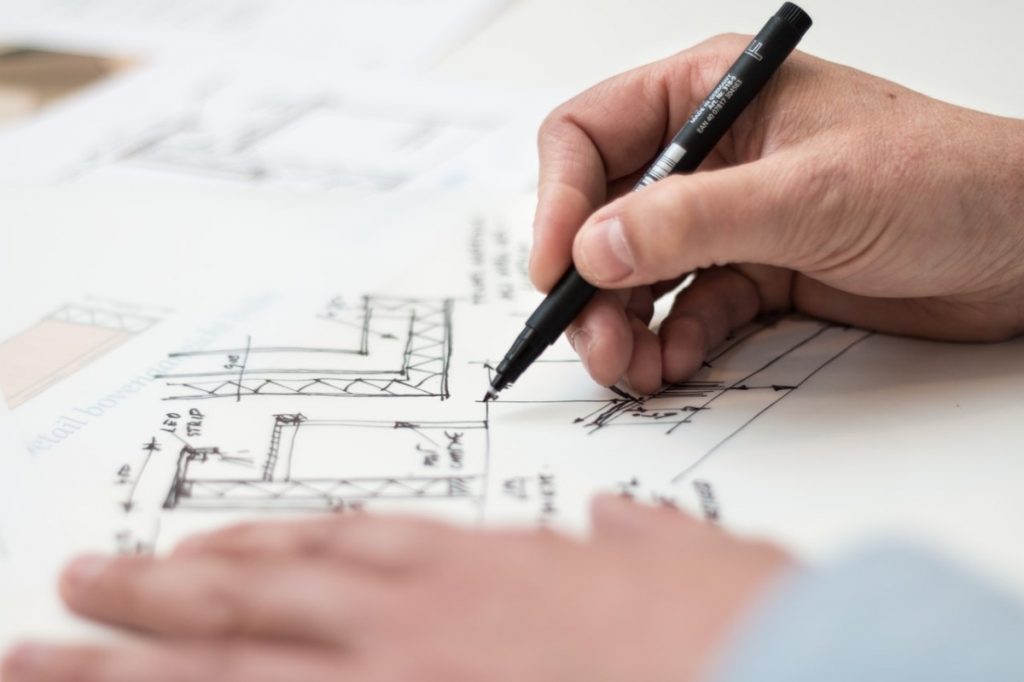You might have heard of house flipping from TV shows such as “Flipping Boston” or “Zombie House Flipping.” The presenters tend to make a decent profit (upwards of 60 grand) per project. It sounds so simple: buy an old house, rehabilitate it, and then sell it for a profit. Real estate investors take a chance at a run-down home in hopes of making some quick cash if they can make the repairs fast enough.
Aside from bringing in cash flow, house flipping can also improve the real estate value of the neighborhood. Uninhabited homes and yards tend to become a security risk for other residents, making their rehabilitation the desired solution.
But is it really possible for just anyone to flip a house? The quick and technical answer is yes, you can. There are no licenses required to flip a house. However, there are plenty of things to work on when flipping a house. Keep in mind that you’ll need to have a significant amount of capital to start off and keep going because you won’t make any money until the house is sold.
What You’ll Need to Consider
Flipping a house has four main stages:
1. Picking and Purchasing the House
You can probably get away with picking and purchasing the house on your own. After all, it’ll be your personal project. You can also work with a real estate agent to help with buying the house and, later on, staging and selling.
Consider a good neighborhood with a problematic house. That way, it won’t be too difficult to sell the house. An example of a good neighborhood might be one with a good school nearby. It’ll be an added selling point when you’re done with all the rehabilitation.
2. Demolition
Demolition can help you get rid of the unwanted walls or components of the house to open up some space for creativity. Although working on the demolition can help let off some steam, doing it by yourself might prove to be unsafe. Instead, work with or hire a team for the required demolition.
If you decide to take it on by yourself, wear the appropriate protective gear to avoid any injuries you could get from broken glass. Wear goggles and a face mask to prevent any contamination from biohazards such as moldy carpets.

3. Rehabilitation
Rehabilitation can take up most of your time. Depending on what you need to work on, rehabilitation can include changes in the floor plan of the house and in the interior and exterior design. You could do this on your own, but considering the range of the work you’ll need to do, you should hire contractors to speed up the process and save yourself some money in the end. Don’t forget to go to the local government to make sure that they approve any of the changes you want to make.
The work may include rewiring the house, working on the drains, redoing the walls, installing a new garage door, roof work, installing new windows and doors, and picking out new tiles and paint. Unless you’re a jack of all trades in construction and interior design, hire a team.
Another part of rehabilitating the home is the landscaping. Make sure you contact a landscaping business to stay efficient. They should also be able to give you advice on a more sustainable way of landscaping around the home.
4. Selling the House
Find a way to get an appraisal for this brand-new home you’ve built. If you get a real estate agent at the start of this project, they will do all the work for you if you give them the right direction. Just make sure to steer clear of any illegal property flipping. Stay alert and make sure you have the right appraisal for your flip.
Professionally selling the house can include hiring a staging company to furnish the home before the open house. Staging a home could make or break your sale. Potential buyers entering the home will constantly be pondering if they see themselves living there. Setting the right tone for your home can push buyers into making an offer.
Whether you’ll be able to handle the financial, physical, and emotional burden of a house flip is up to how determined you are in turning your investment into a profit. Make sure to know when to quit or when it’s an investment that has a high potential return if you just put the work in. Yes, you most definitely can flip a house. Just make sure you have the financing all sorted out.






